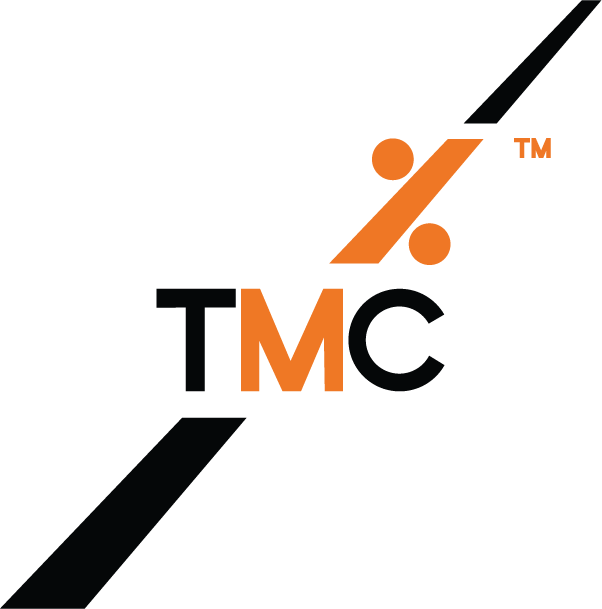Preventative, inclusive comprehensive risk management
The technology-based service is designed to increase visibility and improve safety. It covers company vehicle, cash allowance and grey fleet drivers. Compliance+ is a modular service to enable you to select the services you need. Everything is reported back to the business via an interactive online dashboard.
How does Compliance+ work?
Compliance+ comprises of modules to enable you to build an occupational road risk programme that suits your business. The modules cover all employees regardless of what type of vehicle they drive – from HGV/ LGV, through to company cars, cash allowance and grey fleet.
Whether you take one, two or all of the services, you will have full visibility via one platform – an online dashboard that presents the outcome of the service(s) back to you. You can find out more about the modules, by clicking on the boxes below.
Visa to Drive
Visa to Drive uses TMC’s software along with our team of expert auditors to collect, collate and verify your employees’ documentation to fulfil your duty of care obligations.
Driving Licence Checks
TMC handles the entire end-to-end process of checking driving licences and report the results back to you via an online dashboard.
Vehicle Safety Checks
Drivers can now carry out comprehensive vehicle safety checks via TMC’s app, Mileage Track. No more paper work.
Risk Assessments & Driver Training
We provide risk assessments, driver training, online driver training and on the road driver training.
Data Aggregation
TMC can aggregate and interrogate all your driver data to gain a complete view of each driver.
Duty of Care - Your Obligations
In 2003 the Health and Safety Executive released a publication called “Driving at Work – Managing Work Related Road Safety.” This publication issues guidance that vehicles are classed as a place of work and therefore fall under the same Health and Safety legislation as a physical workspace.
The fact that cars are classed as a place of work, along with several pieces of road traffic acts and legislations means that employers are obliged to develop Health and Safety policies to minimise the risks to the health and wellbeing of employees whilst driving a vehicle for business purposes. The development and effective implementation of these policies is a company’s “Duty of Care.”
Whilst this legislation went some way in forcing companies to implement effective policies, it wasn’t until 2008, when the Corporate Manslaughter and Corporate Homicide Act came into force that pressure was really put on companies to act.
These pieces of legislation makes it easier to prosecute companies for health and safety failures that lead to a person’s death. These pieces of legislation are especially relevant for fleet managers as the biggest cause of at-work fatalities arises out of employees driving for business purposes.
Every week around 200 road deaths and serious injuries involve drivers on work related journeys.
In order to ensure compliance with the Act employers are required to regularly carry out risk assessments that seek to identify the risks that their employees are exposed to. Once risks have been identified, businesses need to put suitable mitigation strategies in place that minimise or remove the risk. These risk management plans need to be created, communicated and deployed to the workforce. This applies to both company-owned vehicles and privately-owned vehicles used by employees for business trips.



